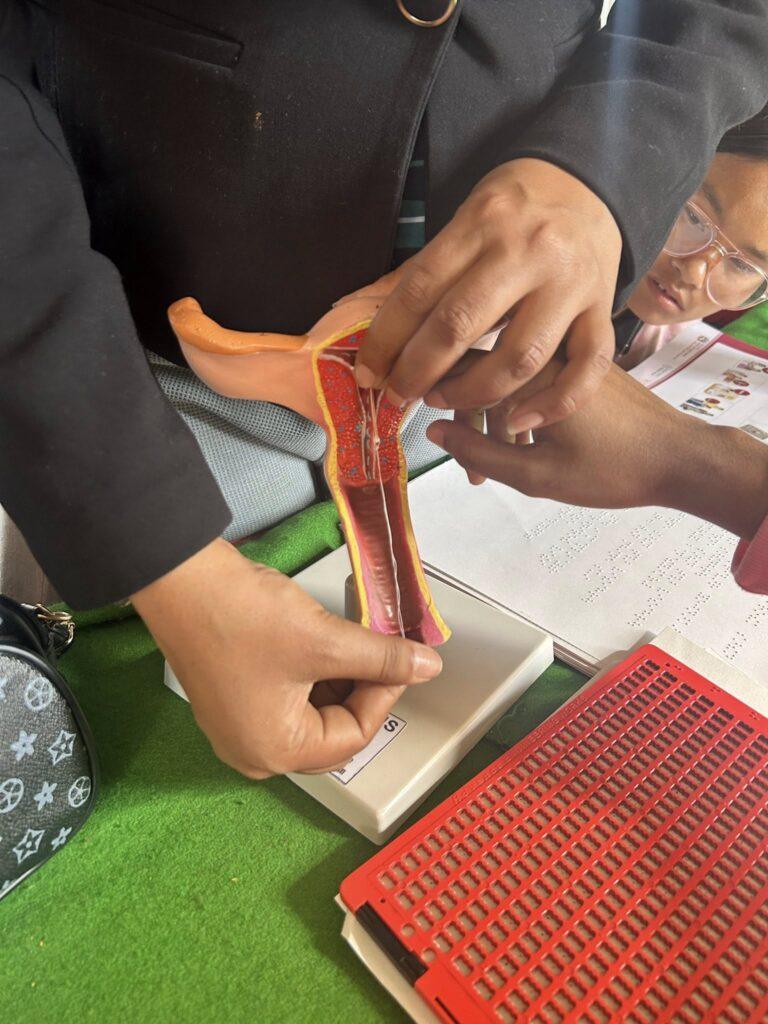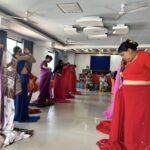
From March 16–20, 2025, Prayatna Nepal hosted a five-day Sexuality Training at Hotel Pension Vasana, Kathmandu, with the goal of enhancing knowledge and building advocacy skills on sexual and reproductive health and rights (SRHR) for women with visual impairments. A total of 23 visually impaired women and girls participated in interactive sessions covering sex, gender, sexuality, patriarchy, feminism, LGBTIQ+ inclusion, and the concept of intersectionality. Practical, accessible demonstrations on contraceptive devices and menstrual health management ensured participants could confidently understand and use various family planning methods.
The training also explored law and sexuality, masculinity and gender roles, internet safety & sexuality, and disability-inclusive SRHR. Myths were challenged, rights were clarified, and participants discussed sensitive topics openly, fostering a safe space for learning. Special sessions on advocacy skills empowered participants to craft impactful one-minute advocacy statements, preparing them to influence change in their communities.
By the end, participants left not only with increased SRHR knowledge, but also with stronger voices to speak up for their rights, dignity, and sexual autonomy. This initiative marks another step in breaking barriers and promoting an inclusive society where women with disabilities can thrive.


